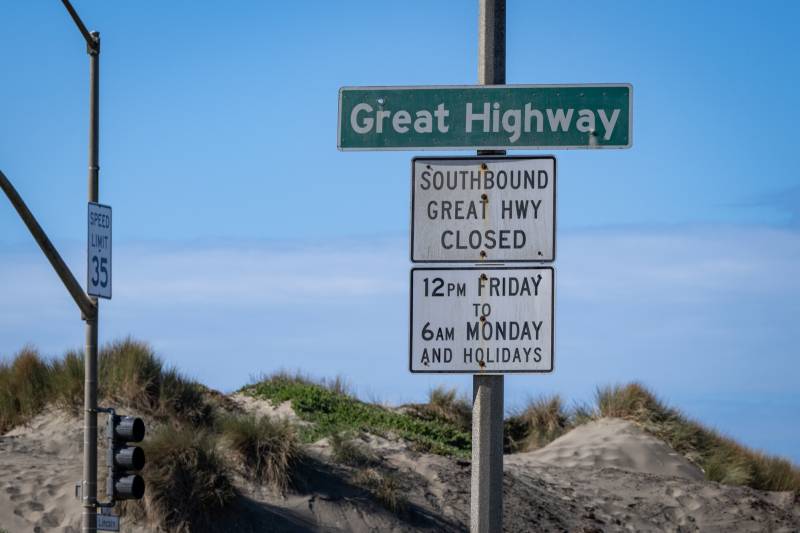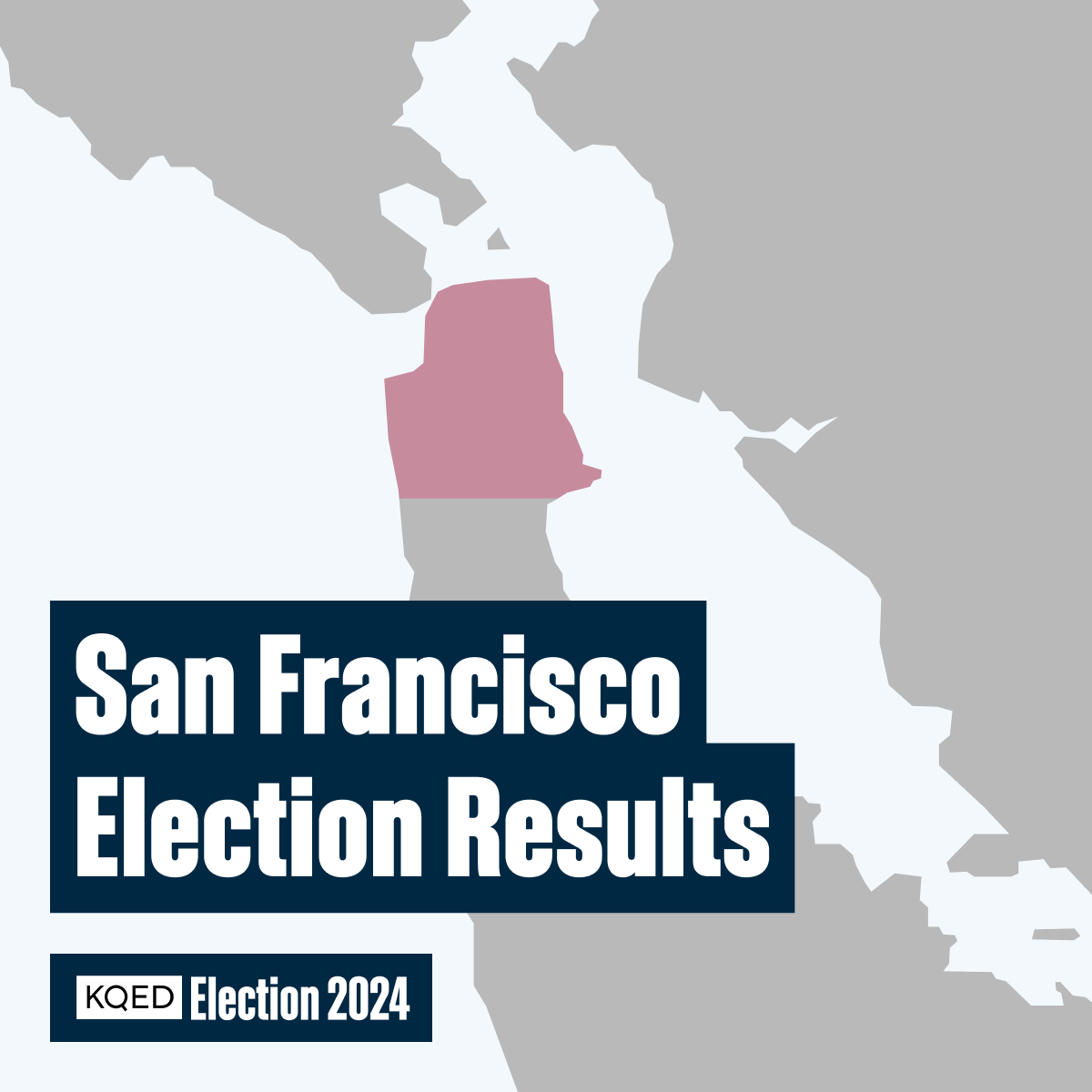Updated 11:20 a.m. Monday
San Francisco voters appear to have approved Proposition K, which would permanently cut off car traffic on part of the Great Highway along Ocean Beach.
In the latest vote tallies released by the San Francisco Department of Elections Saturday afternoon, the Yes on K vote led by just over an 8 percentage point margin.
Multiple news outlets have called the race for the Yes campaign, which declared victory Saturday evening, calling the vote a win for the city.
“We’re grateful that San Franciscans voted for community and coastal rehabilitation over convenience,” said Yes on K volunteer and Sunset resident Heidi Moseson. “Now that Prop K has passed, we’re committed to working with Supervisor Engardio and the city to implement traffic calming on residential streets, improve traffic flow on alternate arteries like Sunset Boulevard, and also advocate for better MUNI service like improvements to the N, increasing the frequency of the North/South 18 bus, and preventing potential service cuts from impacting the neighborhood.”
But representatives for the No on K campaign said they were still not ready to concede Saturday evening.

